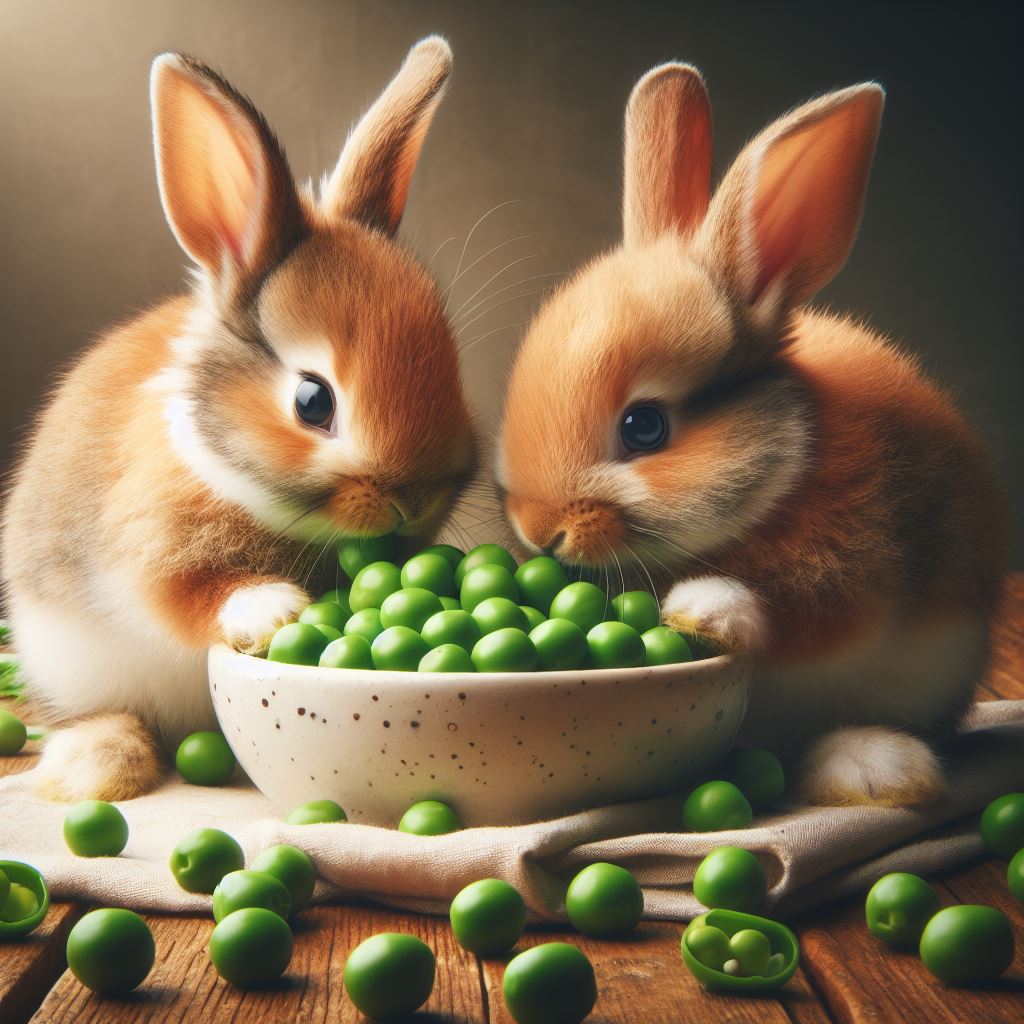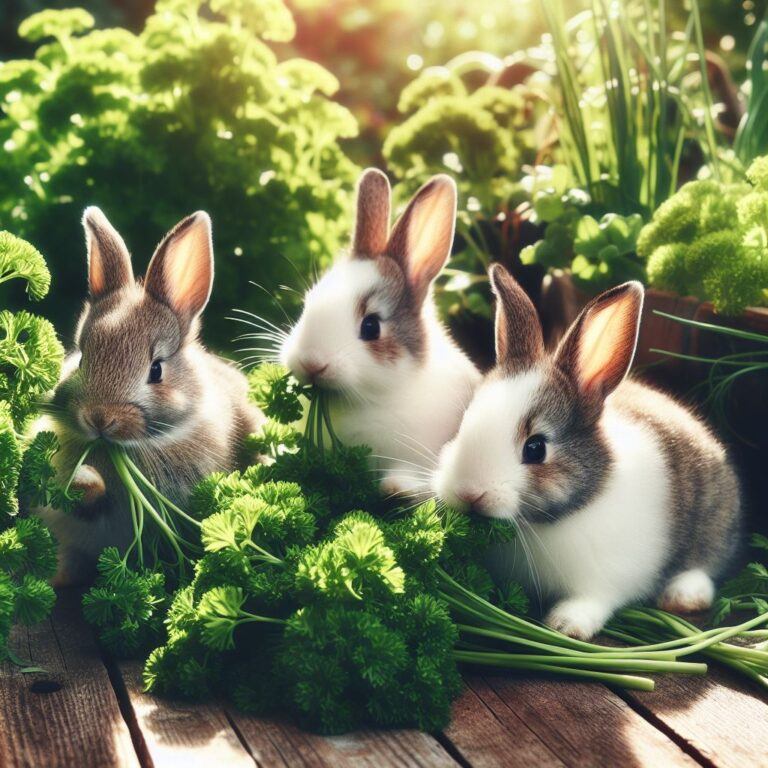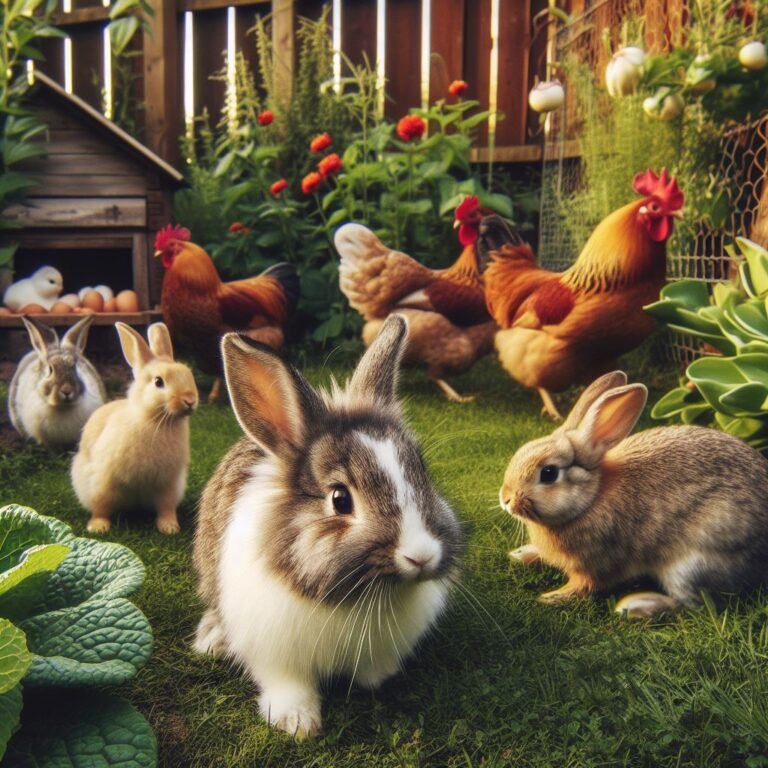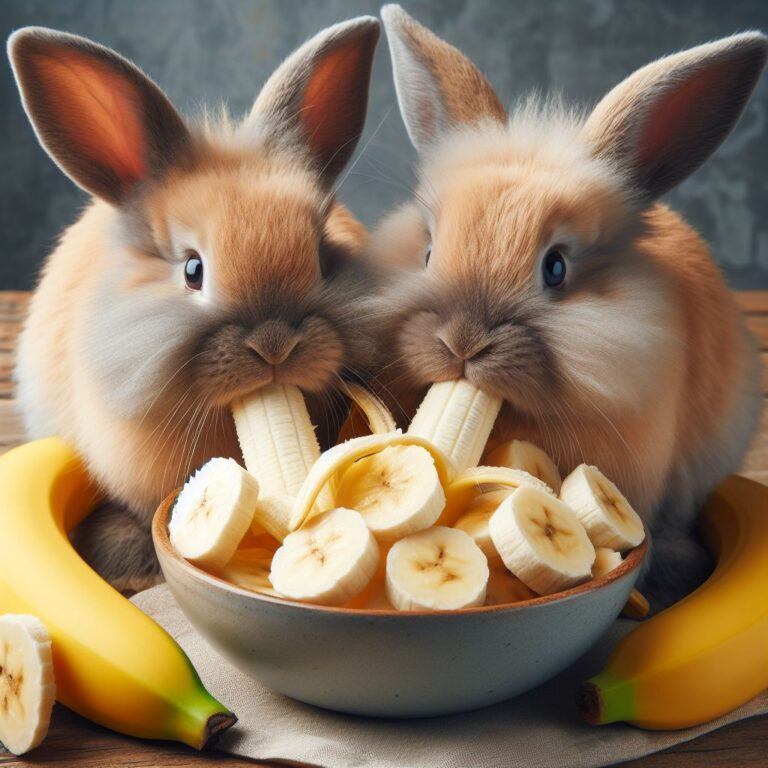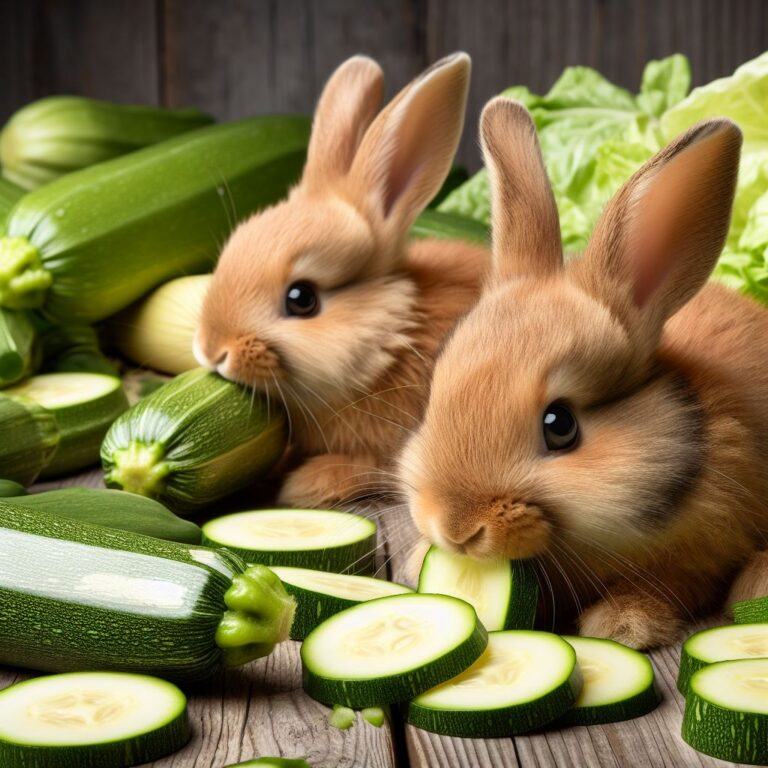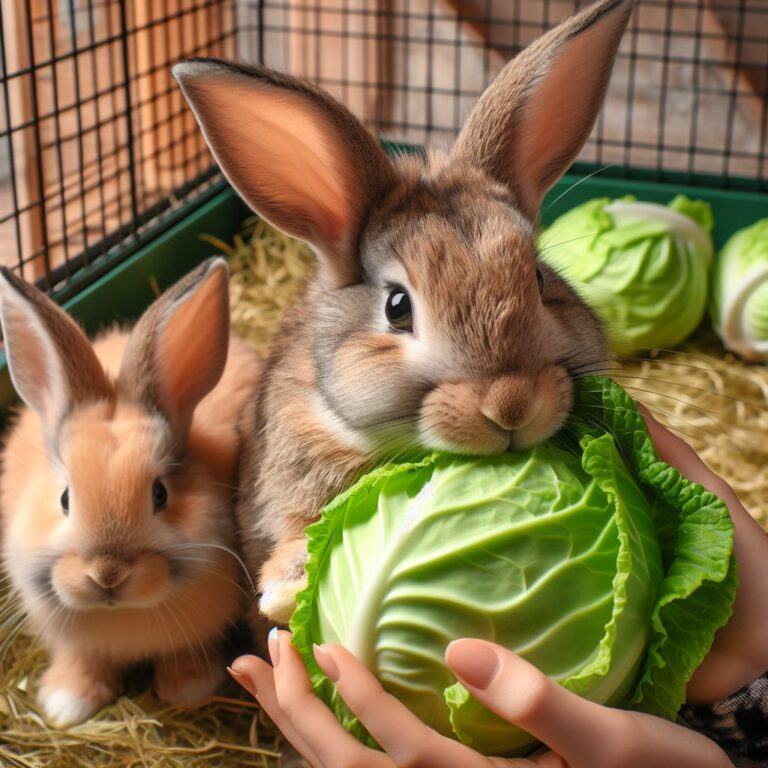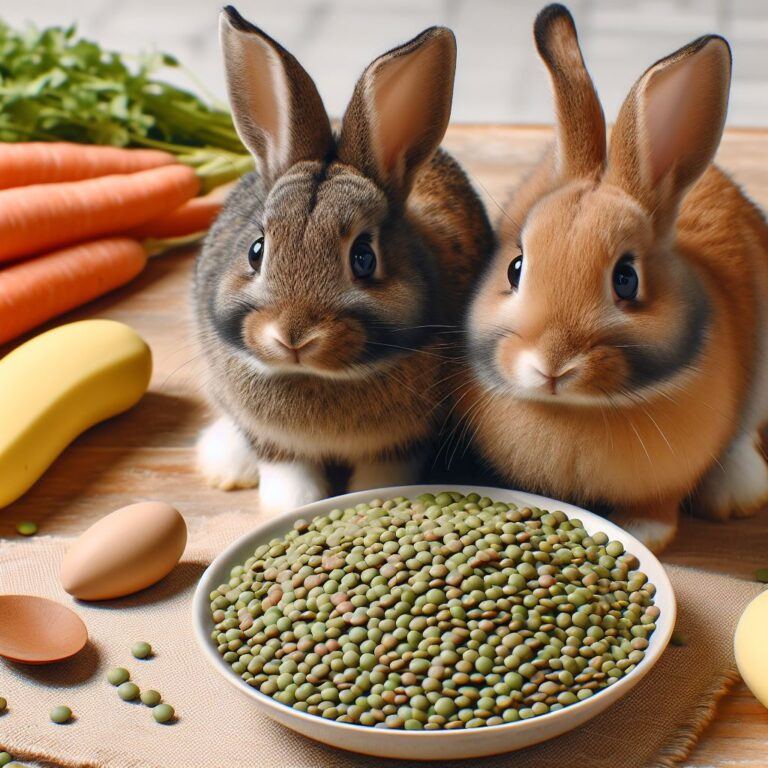Can Rabbits Safely Eat Peas
Yes, rabbits can safely eat peas, but with any addition to their normal diet, they should be fed in moderation. They are rich in dietary fiber, essential nutrients, and vitamins C and K which are beneficial for rabbits in many ways.
As herbivores, rabbits thrive on a diet primarily composed of hay, fresh vegetables, and occasional treats. Peas, being a commonly consumed vegetable for humans can also benefit rabbits, in moderation of course!
Nutritional Benefits and Risks of Peas for Rabbits
Peas are packed with essential nutrients that can offer several health benefits to rabbits. Firstly, they are rich in dietary fiber, an indispensable component for maintaining a healthy digestive system in rabbits.
Fiber aids in maintaining gut mobility, preventing issues like gastrointestinal stasis, which can be life-threatening for rabbits if left untreated. Also, the fiber content in peas promotes satiety, helping rabbits feel full and satisfied after consuming them.
In addition to fiber, peas boast a range of vitamins and minerals vital for rabbits’ overall health and well-being. For instance, vitamin K, plays a crucial role in blood clotting, promoting wound healing, and preventing excessive bleeding.
Peas contain vitamin C, an essential antioxidant that supports the immune system and protects against oxidative stress. Potassium, another mineral found in peas, is essential for maintaining proper nerve and muscle function in rabbits.
Despite their nutritional value, peas also pose certain risks to rabbits if not fed appropriately. One concern is the starch content present in peas, which can lead to digestive issues such as bloating, gas, and diarrhea if consumed in excess.
Rabbits have a delicate digestive system optimized for processing fibrous plant material, so too much starch from peas can disrupt their gastrointestinal balance.
Peas also contain oxalic acid, a compound that can bind to calcium in the body and potentially contribute to urinary issues like bladder sludge or urinary tract stones.
Therefore, it’s crucial to feed peas to rabbits in moderation and as part of a balanced diet to minimize these risks.
How Best to Feed Peas to Rabbits
If you wish to introduce peas into your rabbit’s diet, it’s essential to follow best practices to ensure their safety and well-being.
Firstly, consider the serving size and frequency of pea consumption. Peas should be offered as an occasional treat rather than a primary food source in a rabbit’s diet.
I recommend providing a small handful of peas a few times a week to add variety and enrichment to the rabbit’s diet without overwhelming their digestive system with excessive starch or oxalic acid.
Fresh peas are preferable to frozen or canned varieties. Fresh peas retain more nutrients and have fewer additives, making them a healthier option for rabbits.
Before feeding peas to your rabbit, wash them thoroughly to remove any pesticides or contaminants that may be present on the surface.
I would also advise you to chop or mash the peas before offering them to your rabbit, as this can make them easier to digest and reduce the risk of choking.
When introducing peas into your rabbit’s diet for the first time, do so gradually and monitor their response closely.
I would always look for any signs of digestive upset, such as changes in stool consistency, reduced appetite, or abdominal discomfort.
If your rabbit experiences any adverse reactions to peas, stop feeding them straight away and consult with a veterinarian for further guidance.
Providing a well-balanced diet for your rabbit that includes a variety of fresh vegetables, high-quality hay, and a limited amount of pellets is crucial.
Leafy greens such as kale, spinach, and romaine lettuce can offer essential nutrients and hydration for rabbits.
Fruits should be offered sparingly due to their high sugar content, but small amounts of apples, pears, or berries can be given as occasional treats.
Rabbits can safely eat peas as part of a balanced diet, but it’s essential to feed them in moderation, and prepare and serve them correctly.

